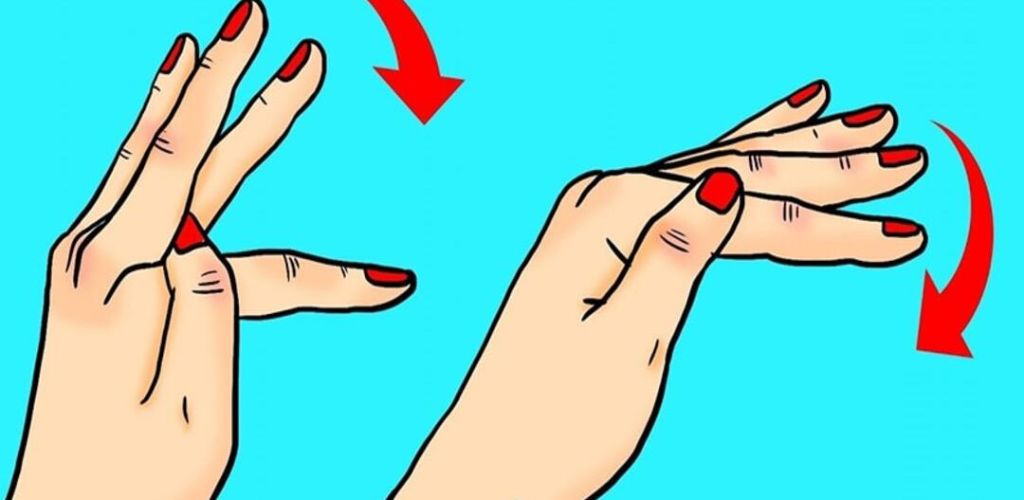It’s important to understand that there’s no single “easiest method” that guarantees improved memory for everyone after 60. However, neurologists emphasize a combination of lifestyle factors and cognitive exercises that can significantly support brain health. Here’s a summary of key recommendations:
Key Strategies Recommended by Neurologists:
- Physical Activity:
- Regular exercise increases blood flow to the brain, which is vital for memory and cognitive function.
- Aerobic exercise, such as brisk walking, swimming, or cycling, is particularly beneficial.
- Cognitive Engagement:
- “Use it or lose it” applies to the brain. Engage in activities that challenge your mind, such as:
- Puzzles and crosswords
- Reading and learning new skills
- Playing musical instruments
- Learning a new language
- “Use it or lose it” applies to the brain. Engage in activities that challenge your mind, such as:
- Healthy Diet:
- A balanced diet rich in fruits, vegetables, and omega-3 fatty acids supports brain health.
- The Mediterranean diet, in particular, has been associated with a reduced risk of cognitive decline.
- Social Connection:
- Social interaction helps ward off depression and stress, which can negatively impact memory.
- Stay connected with friends, family, and community activities.
- Quality Sleep:
- Adequate sleep is essential for memory consolidation.
- Aim for 7-9 hours of quality sleep per night.
- Manage Chronic Conditions:
- Conditions like high blood pressure, diabetes, and high cholesterol can affect brain health.
- Work with your doctor to manage these conditions effectively.
- Stress Management:
- Chronic stress can impair memory.
- Practice stress-reducing techniques such as meditation, yoga, or deep breathing.
Important Considerations:
- Consistency: These strategies are most effective when practiced consistently over time.
- Individual Needs: What works best for one person may not work for another.
- Professional Guidance: If you have concerns about memory loss, consult a neurologist or other healthcare professional. They can provide personalized advice and rule out any underlying medical conditions.
In essence, a holistic approach that combines physical activity, mental stimulation, a healthy lifestyle, and social engagement is the most effective way to support memory and brain health after 60.


